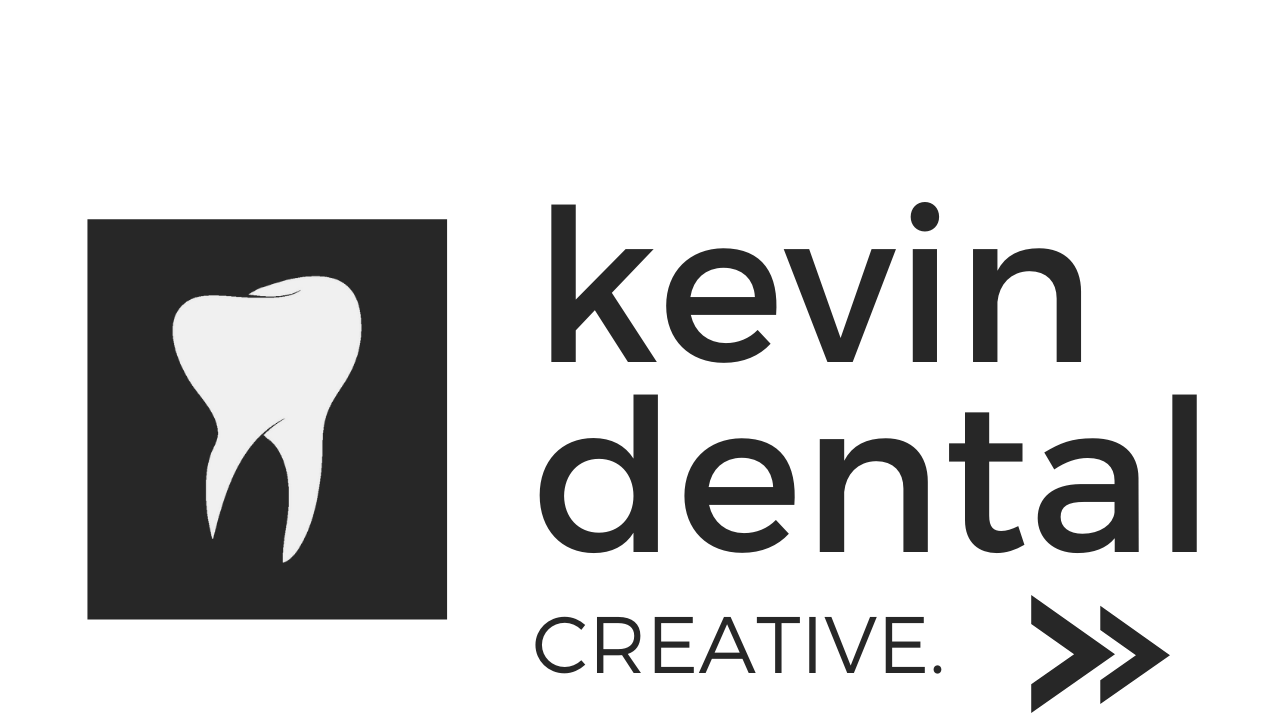Bloomberg's story on Medical Service Organizations
Draws interesting parallels to DSOs
by KEVIN KUO, DDS, MMSc | May 25, 2020
In the Bloomberg Businessweek May 25th, 2020 issue, Heather Perlberg writes a featured piece on the topic of private equity ownership in medicine. The story begins with an anecdotal description where the CEO of a large dermatology group in California decided to keep its doctors working during the pandemic. Employees of this organization were undoubtedly surprised to hear the decision given non-essential medical services were closed in the area.
Perlberg’s premise in this opinion piece centered around the possible patient disservice that can occur with private equity involvement in medicine. She then discusses five key phases in the development of medical service organizations.
Marriage: Like in dentistry, private equity previously could not own medical offices. However, the rise of medical service organizations (MSOs) created a work-around for private equity to own nonclinical assets of medical practices. MSO owns about 10% of U.S. dermatology offices. They typically purchase large multi-location, multi-doctor practices at 9 to 12 times annual profit, similar to DSOs buying dental offices.
Growth: Under an MSO, doctors are supposed to reap the benefits of more patients and efficiencies.
Synergy: This was in reference to cost-cutting benefits by MSOs.
Rolling up the Roll-Up: Perlberg describes the phase when private equity sells its MSO to another private equity for a profit.
Sell-Off: For some MSOs, their practices become unprofitable and lead to compromises.
Author commentary: In a capitalistic society, like in the United States, there is little doubt that MSOs and DSOs are here to stay permanently—just like the domination of CVS and Walgreens in the pharmacy industry. Large organizations, regardless of private equity ownership or not, will always be able to negotiate lower costs from suppliers and increase revenue through resource sharing and efficiencies. Consumers and patients also feel more comfortable going to a recognized brand. The ethics of private equity in medicine and dentistry should be less about the concept of MSOs and DSOs but rather the possible variability of care amongst them. This variability can occur with single doctor-owned practices too. Some MSOs and DSOs operate better and more ethically than others. MSOs and DSOs can provide good care for patients. It is just a matter of which ones.






